
A customer shops at a supermarket in Binzhou, Shandong province, on April 10, 2025. (CHU BAORUI/FOR CHINA DAILY)
Package may include interest rate cuts, additional govt spending, experts say
China may soon launch a comprehensive set of additional macroeconomic measures to cushion a potentially substantial demand shock due to the United States' tariff hikes, reiterating its commitment to the preset annual economic growth target, said economists and advisers who are close to policymakers.
The package, they said, is likely to include additional central government spending of at least 1 trillion yuan ($136.1 billion), cuts in interest rates and the reserve requirement ratio, and stronger subsidies for childcare, services consumption and affected businesses.
Recent remarks by Premier Li Qiang indicate that relevant actions would be both imminent and well-considered, they said, adding that the actions will be based on the country's past experience in dealing with trade tensions with the U.S. and leveraging the advantage of the Communist Party of China's leadership, which enables coordinated and swift moves in crisis moments.
Guo Kai, executive president of the CF40 Institute, a research center affiliated with think tank China Finance 40 Forum, said, "China is able to and should announce a comprehensive package of macroeconomic buffers as soon as possible in a one-off manner to anchor expectations, before gradually delivering them and adjusting the accurate policy intensity based on the actual situation."
To buffer the potential loss caused by the U.S.' "reciprocal tariffs", which have pushed U.S. tariffs on Chinese imports to 125 percent, as announced by U.S. President Donald Trump, Guo said it is sensible to launch additional fiscal deficit or central government bonds of more than 1 trillion yuan, the majority of which should be spent on bolstering consumption and improving people's incomes.
Guo added that now should be the right time to take bolder steps to cut interest rates, reducing interest payment pressure on businesses and households while supporting asset prices.
Premier Li has emphasized that China will introduce new incremental policies in a timely manner in light of the needs of the situation, responding to uncertainties in the external environment with strong and effective policies.
Speaking on Wednesday at a symposium with economic experts and entrepreneurs, Li said that the first quarter of the year saw a continuation of positive economic momentum, while acknowledging the pressure that the external shocks may have on China's economic operations.
Many analysts expect China's first-quarter economic growth — scheduled to be released next week — to reach 5.2 percent, compared with an around 5 percent annual GDP growth target.
However, data from the National Bureau of Statistics showed on Thursday that the country's consumer price index, the main gauge of inflation, fell 0.1 percent year-on-year in March after a 0.7 percent drop in February, pointing to the more pressing task of stimulating domestic demand amid the substantial external demand gap likely to result from tariff shocks, they said.
"It is now an appropriate time to intensify investment in public services," said Zhang Bin, deputy director of the Chinese Academy of Social Sciences' Institute of World Economics and Politics, who was one of the speakers at Wednesday's symposium.
"Without expanding investment, it would be hard to overcome weak demand in the short term. The approach of boosting investment, however, will differ from the past and should focus more on public projects that enhance consumption and improve people's well-being," Zhang told China Daily.
Sun Xuegong, director-general of the department of policy study and consultation at the Chinese Academy of Macroeconomic Research, said that China has ample room for proactive fiscal and monetary policy to stabilize the economy amid external volatility.
According to Sun, China's government debt stood at around 61 percent of GDP by the end of 2024, leaving sufficient room for China to expand the fiscal deficit and issue more special treasury bonds to boost domestic demand.
Expectations of economic resilience have shored up Chinese financial markets. The A-share market rallied for the third consecutive session as the benchmark Shanghai Composite Index went up 1.16 percent to Thursday's close at 3,223.64 points.
"Despite the tariff shock, many institutions haven't lowered their growth forecasts for China's economy. One reason is the certainty in the country's policies and economic growth targets — People have faith that the government will work hard to achieve its goals, a stark contrast to the situation in the U.S.," said Guo at the CF40 Institute.









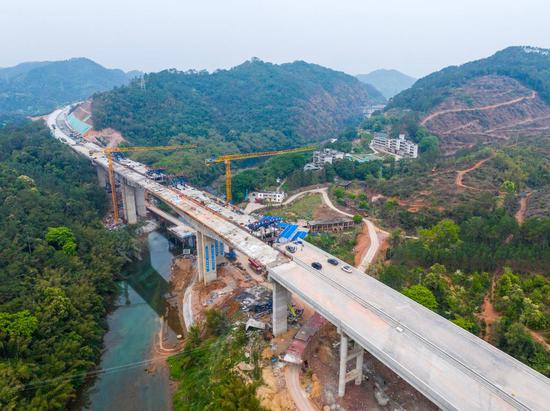



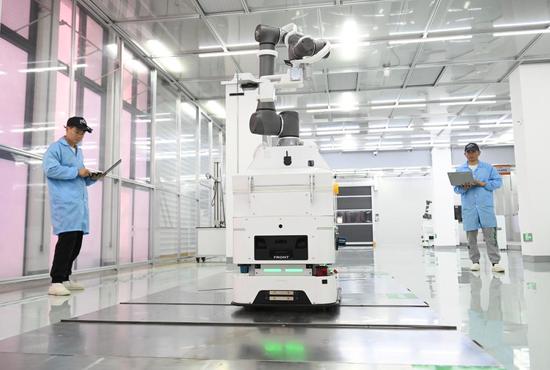


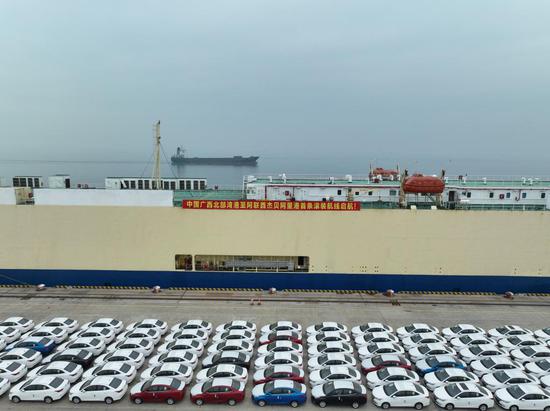
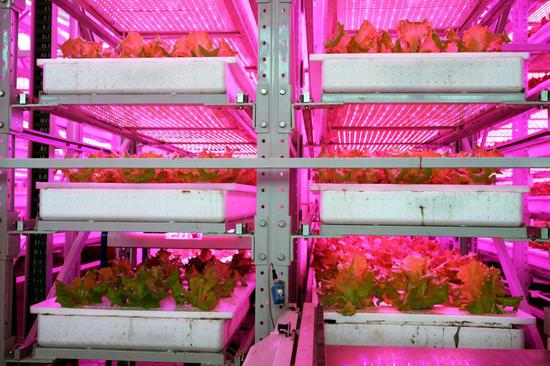







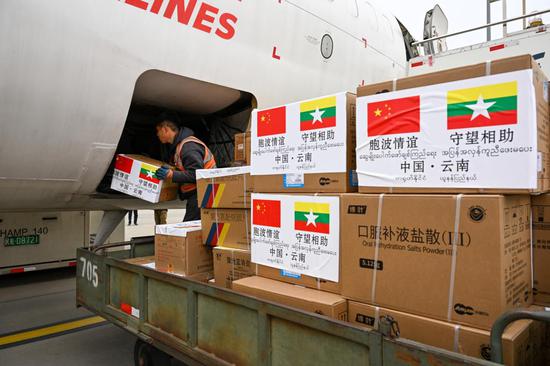


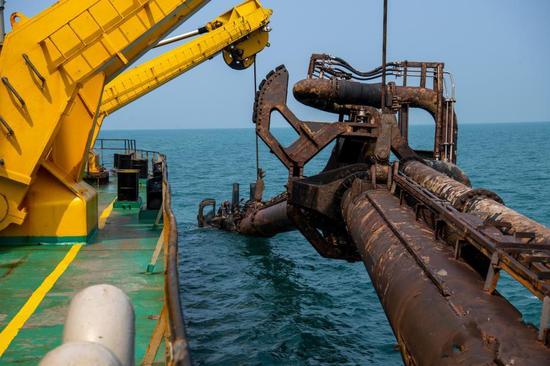



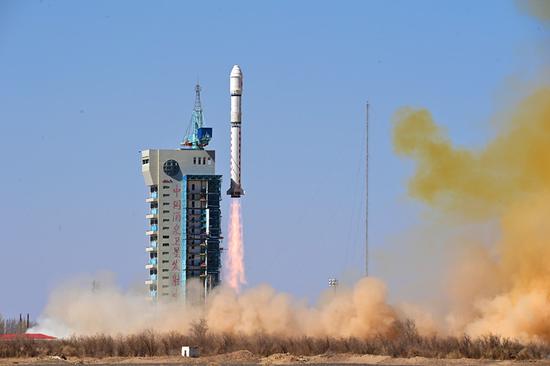

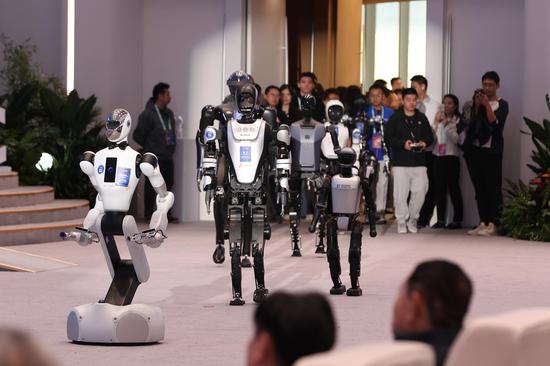

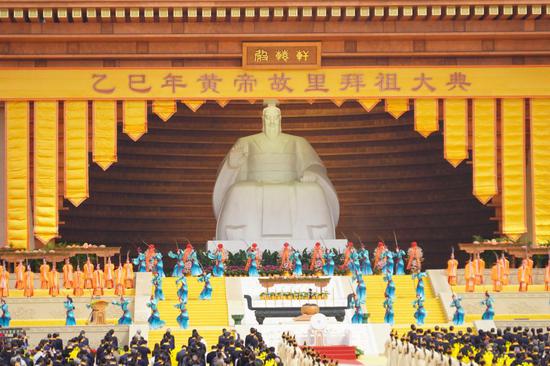









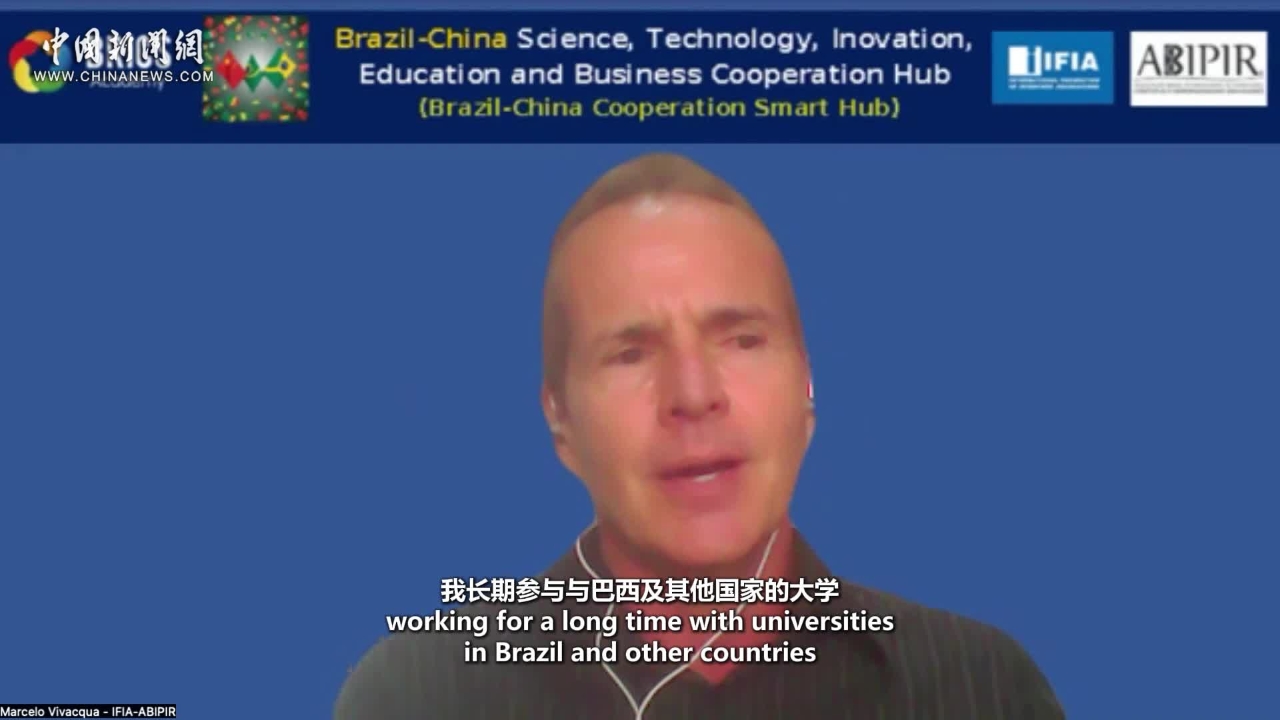

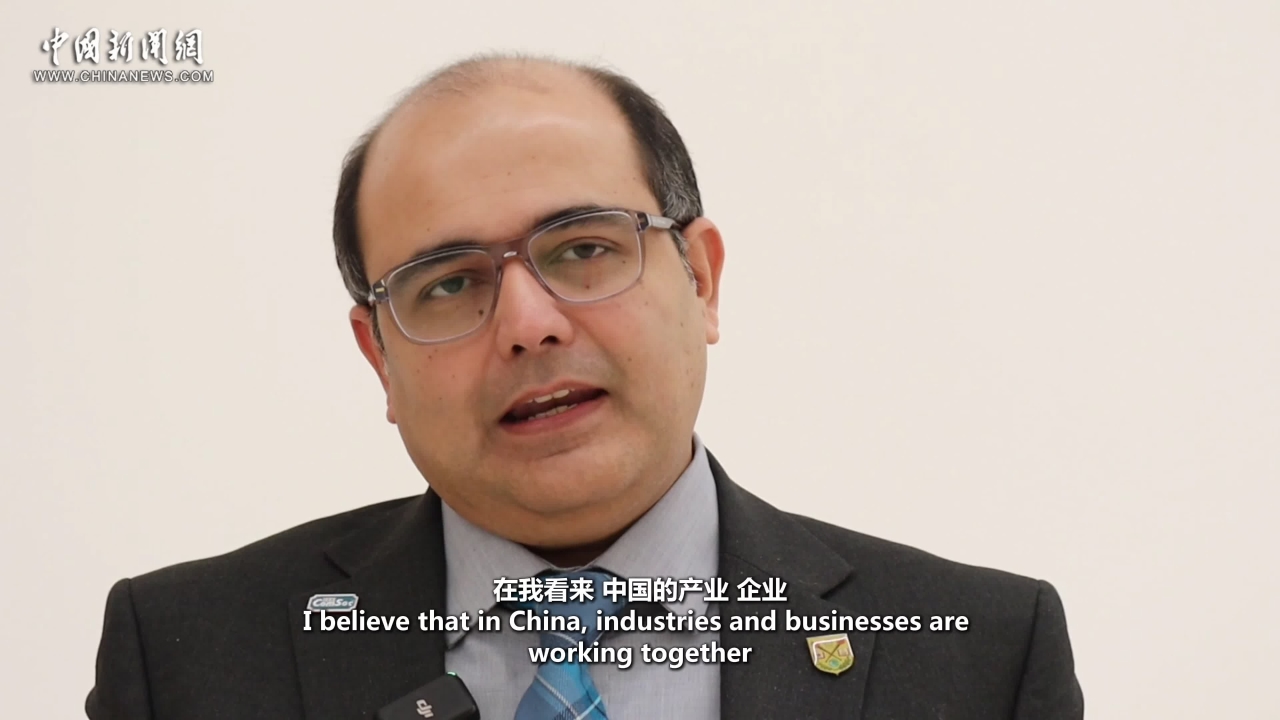

 京公網安備 11010202009201號
京公網安備 11010202009201號